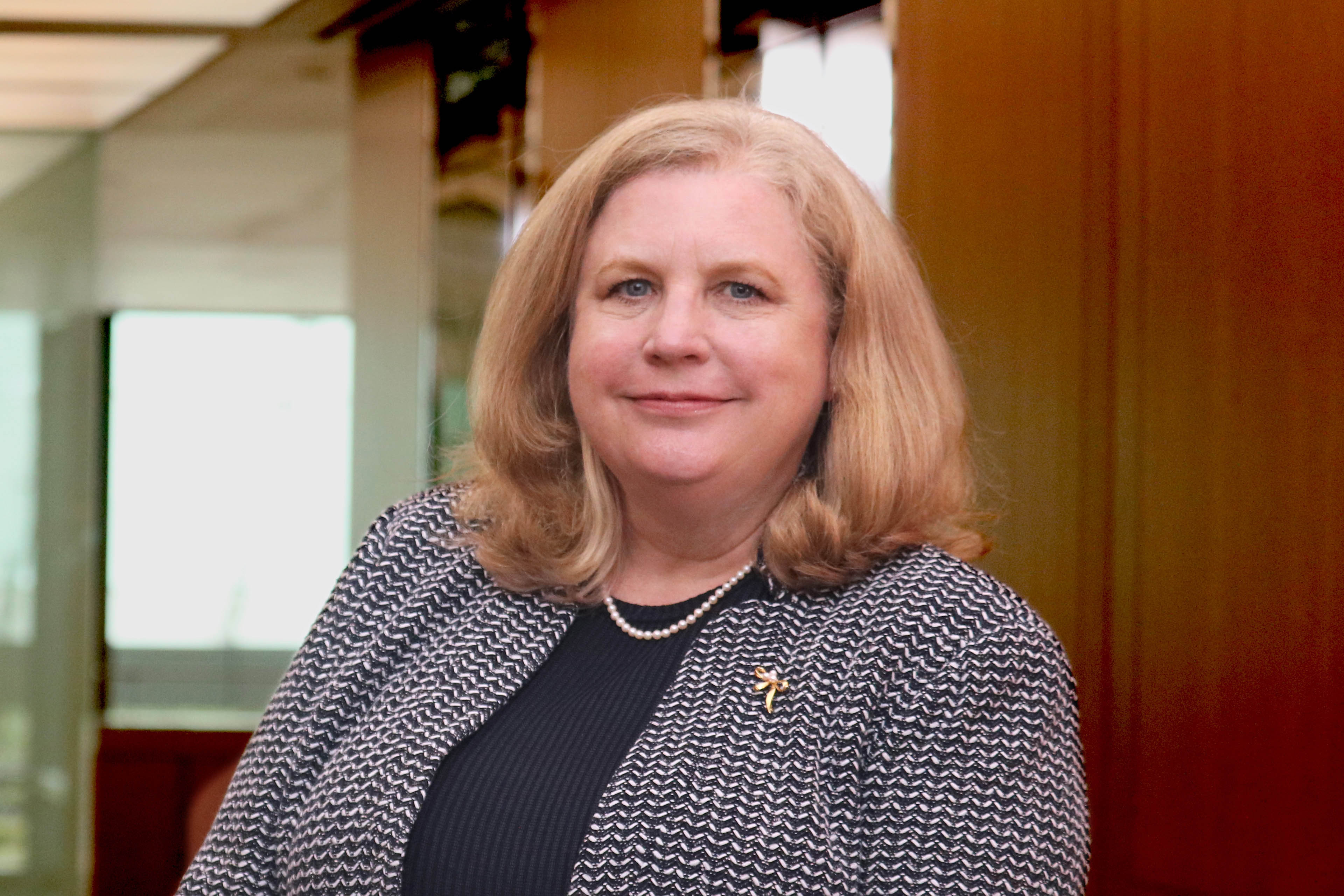EY refers to the global organization, and may refer to one or more, of the member firms of Ernst & Young Global Limited, each of which is a separate legal entity. Ernst & Young Global Limited, a UK company limited by guarantee, does not provide services to clients.

To reach a lasting global solution, this ambitious initiative requires navigating complex political dynamics and difficult technical issues.
Under the French presidency of the G7, the theme for the Biarritz Summit in 2019 was combating inequality. In the area of economic policy, which has long been a major focus for the G7, the French presidency has identified as its priority the promotion of more fair and equitable trade, tax and development policies.
Consistent with this prioritization, an important part of the discussion at the meeting of the G7 finance ministers and central bank governors in June was centered on making the international tax system fairer.
The focus of the finance ministers was the OECD-led initiative launched in 2019 with the aim of achieving consensus on significant alterations to the global framework for taxing international business income. The impetus for the project is the tax challenges created by the growing digitalization of the global economy. However, the changes contemplated will have implications well beyond technology companies and digital business models, and will affect the broad spectrum of businesses, both large and small, whose economic reach extends across national borders.
At its core, this project is about changing which country taxes what income.
The first element involves revisions to the historical approaches for determining nexus and allocating business income among countries, with a particular focus on enhancing the share of income and corresponding taxing rights assigned to countries where customers or users are located.
The second element involves the establishment of a new system of global minimum tax rules for business income. To avoid creating barriers to the cross-border trade and investment that fuels the global economy, these changes must be made without giving rise to double taxation or increased uncertainty.
Three key factors are essential to the success of this initiative:
Broad global consensus
Both the G7 and the G20 have endorsed the OECD project. Currently, 132 jurisdictions are engaged in the work through the OECD’s Inclusive Framework. It is important that all parties are at the table and all perspectives are considered. Active participation in the dialogue is vital. Not only must there be full consensus around the globe, but that consensus also must be fully informed.
High-level political commitment
The stakes are high. Countries must accept changes in their rights to tax business income and in their ability to control the taxation of income earned within their borders. For every country that will gain additional tax base in the application of the new rules to any given business, there will be at least one country that sees a corresponding reduction in its tax base from that business. Equal commitment is required from both categories of countries. Commitment will require that countries make changes to their domestic tax laws and amend their bilateral tax treaties to incorporate the new rules. For some countries, this will require modifying or eliminating existing measures that are inconsistent with the new rules. And commitment also will require good faith participation in robust new dispute resolution mechanisms.
Sound technical foundation
Consensus and commitment must be built on a strong foundation. The new rules should be principled. They should be even-handed in their impact across industries and business models. The new rules need to be smoothly integrated into the overall global tax framework. Companies need to be able to apply the new rules with confidence, and tax authorities need to be able to administer them effectively. Given the diversity of businesses that operate globally today, it is unlikely that one single formula could deliver appropriate results in all cases. Agreement on the new rules must be grounded in the technical detail developed by the tax policy experts working together through the OECD’s Inclusive Framework process.
This initiative to change the global tax framework is an ambitious undertaking. Tax policy is a fundamental matter of national sovereignty. At the same time, coordination on the taxation of international business income is central to a global environment that is hospitable to cross-border trade and investment.
Collective action is difficult under any circumstance, and it is especially difficult when it involves fiscal matters. Seeking consensus, fostering high-level political commitment and ensuring a sound technical foundation will require the devotion of time and resources, and all are essential to achieving a lasting global solution.
First published in G7 France: The Biarritz Summit background book, a Global Governance Project publication and G20 Japan: The Osaka Summit background book, a Global Governance Project publication.
Summary
Both the G7 and the G20 have endorsed the OECD-led initiative around restructuring the framework for taxing international income. The ultimate success of the initiative will depend on continued global consensus, high-level political commitment (especially from nations that face a tax base reduction), and a sound technical foundation with sufficient detail.



